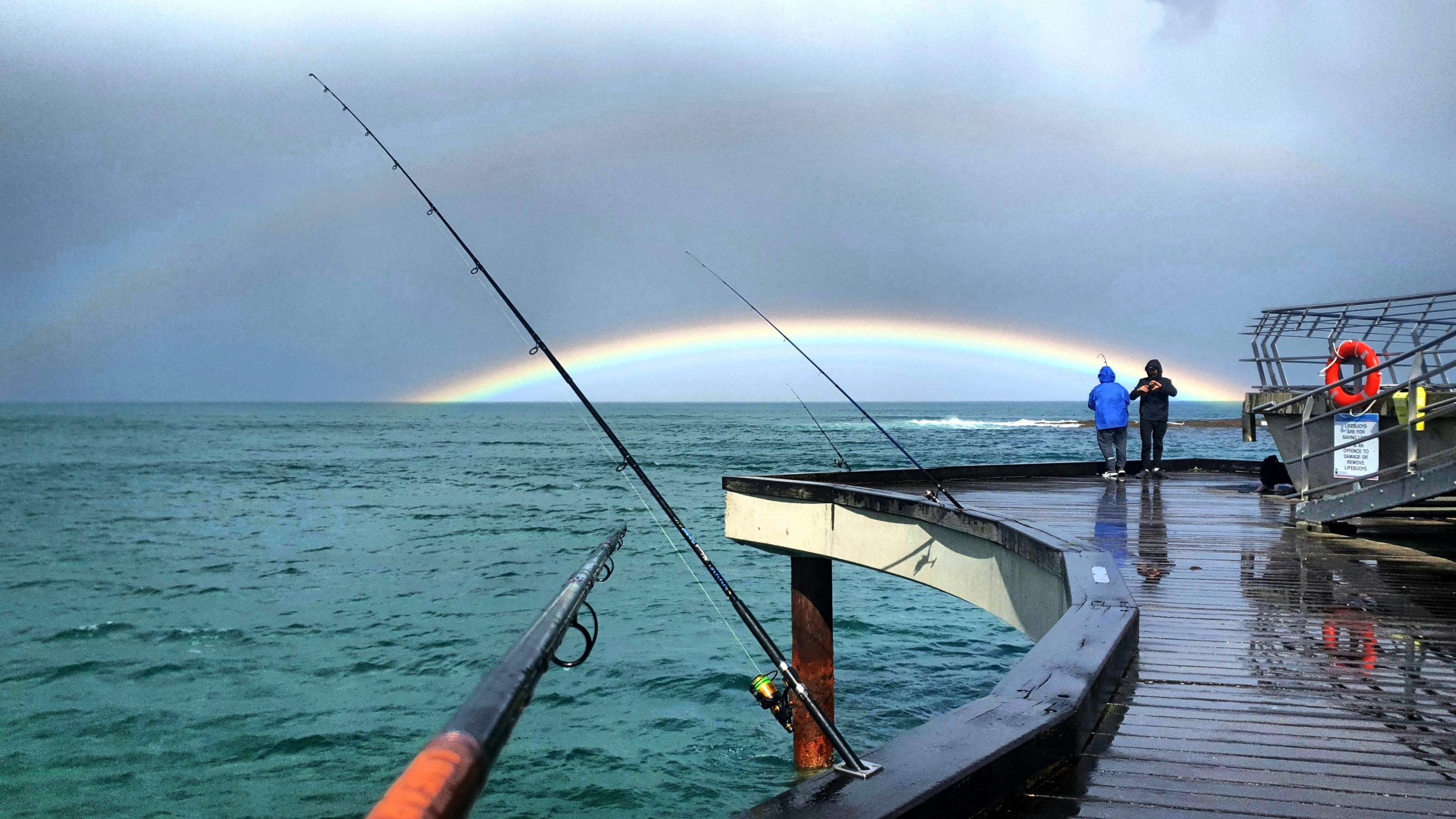How the New Novel is Going
So much of it is about realising what you’re writing. What’s going on? In our house we sing this out all the time as a greeting, punctuation, the existential complaint!
“What’s going oh-on?” I would love to make the words do all they can right now as they find their way into the world and some of that goes on. It’s in the rewrite where their final identities will emerge, their personality and even, now I am growing aware, their embraced imperfection. Once, I hunted down my solecism and eradicated it with glyphosate.
Today I wrote to an agent and I was asked two things I hate. It’s better for what we write that at least one or two people read it, so after my dismay I had a crack. This novel is not finished and the would-be creepy novelist in Promising Young Woman who doesn’t want to jinx the story he keeps tweaking in his wanky brain is more accurate than I’d like to admit: I used never to talk about work, having blathered about it in the past and somehow “set” it, which is of course not what I’ve ever done, even half-way through a first draft.
I simply don’t know what it’s about.
Even now, closing on the final chapters—with an outline, not my MO unless working with somebody else—I am wary, and I will not share what I wrote here. Still, it was pleasing that I can now write about it. And it does seem like something.
In fact, what I do normally after completing a manuscript and scanning it to PDF and uploading to a cloud and a drive and leaving it for a while, is outlines. I outline and I outline. That’s because there are outlines and there are outlines. Back when I was not so arrogant as I thought I could write a novel, I read John Braine’s excellent book on writing, which has great advice on rewriting, a process I enjoy for its intensity and proximity to the end of several years’ work, but most of all, because it’s how the form of what you’ve been on about emerges dripping from the sea. Braine recommended writing about what you’ve done until it’s a story told. I think. It’s been over forty years since I read it. Distance, anyway, and for me also, in another kind of synopsis, forensic examination of meaning. It’s hard. That’s at least one thing that’s hard to read in a review: the synopsis. Ow mah gawd! Nevertheless, bearing in mind also what Samuel Delany writes about in his Return to Nevèrÿon books on the first time you speak of an incident “irl”, where the marvellous woman Old Venn examines this experience, this has evolved into a part of my life, challenge to myself, and a useful tool when you have to talk about your work. I am not pure enough to remain behind a pseudonym or a door.

Of course writing is about “irl” it isn’t “irl” itself. Is it?
Anyway, you can have fun with craft, treating each chapter as a story with its own tension and release, breath, forward plot motion, tease. On top of all that pleasure comes the rainbow, the double rainbow, where at least one foot of it reaches toward yours and you touch toes with Meaning. “Truth.”
I’m not there yet with Two Friends. I’m not even sure that its eventual title will be Two Friends. (I mean, the novel I finished some time ago is called Three Friends for goodness sake! And it’s not even connected! What’s next, One Friend? Hm.) I can say that I have already begun to think of a new novel, which is a sure sign, whether or not it takes years for the new idea to become pages, the sun is on its way.
It’s spring here. We chatted to my daughter in Glasgow this week, on a night here as balmy as summer. The snapper are beginning to show up in Louttits Bay, the whiting are biting. Two months, give or take, from a draft. The other thing I was asked by the agent is what other books my book is like. I know this is a reasonable question when somebody doesn’t know your work. What sort of thing is it?
I was asked, fishing on the pier the other day, what I did and said I was in IT, much easier to say than writing, whatever that is. Then I had to say that IT was computers. Then I had so say that I didn’t fix computers. Whole networks of computers. That led to saying what a building of 40-odd floors of people going tappity-tap did on their computers all day.
Beats me.
